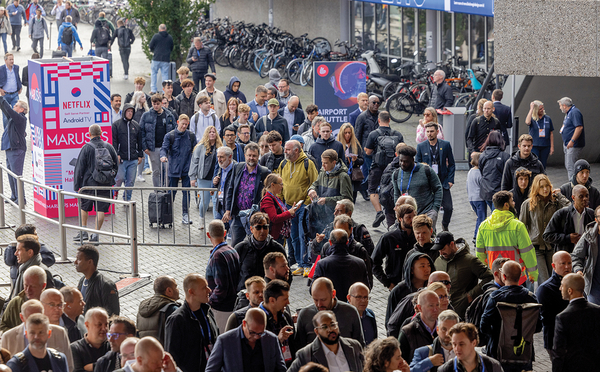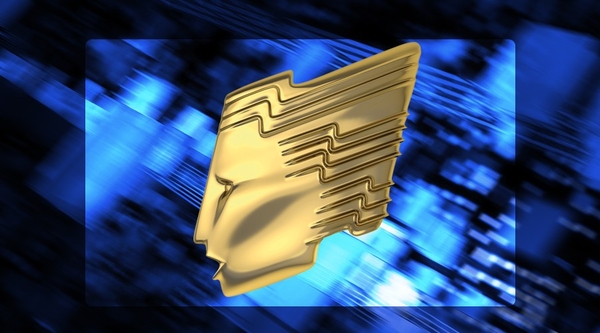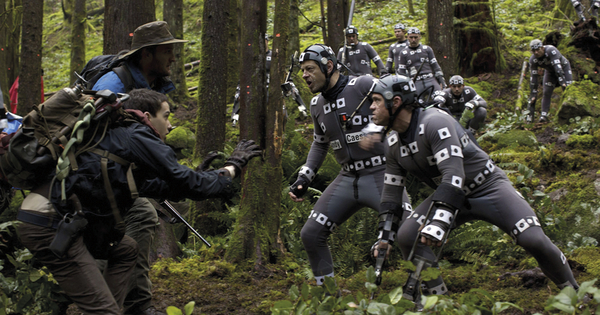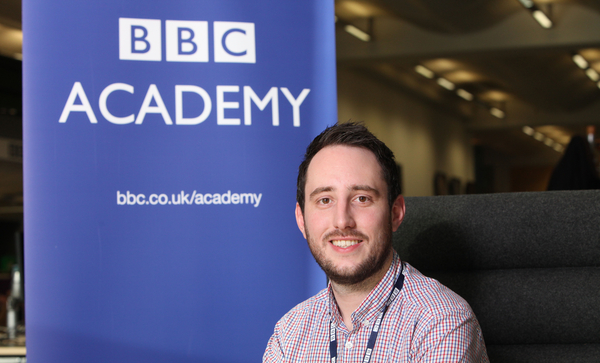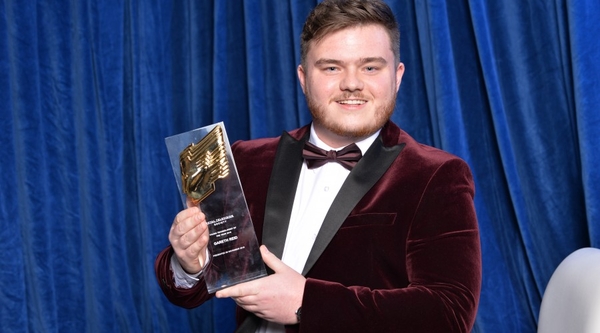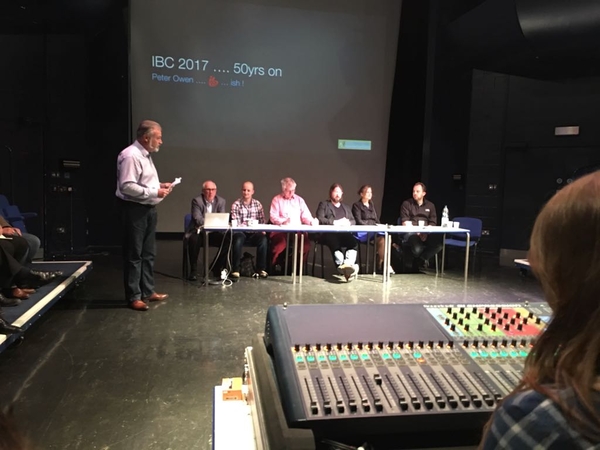More than meets the AI: IBC 2024 round-up
Is your IP up to scratch? Can your 5g handle OB? Where do you stand on SMPTE 2110? We may never know the answers because host Nadine Dereza banned jargon and acronyms at an IBC Review event in London last month.
The event, run by RTS London and the Institution of Engineering and Technology (IET), is held annually to condense the vast flow of information from 45,000 attendees (2,000 up on last year) at September’s International Broadcasting Convention in Amsterdam into takeaways for the UK market.

